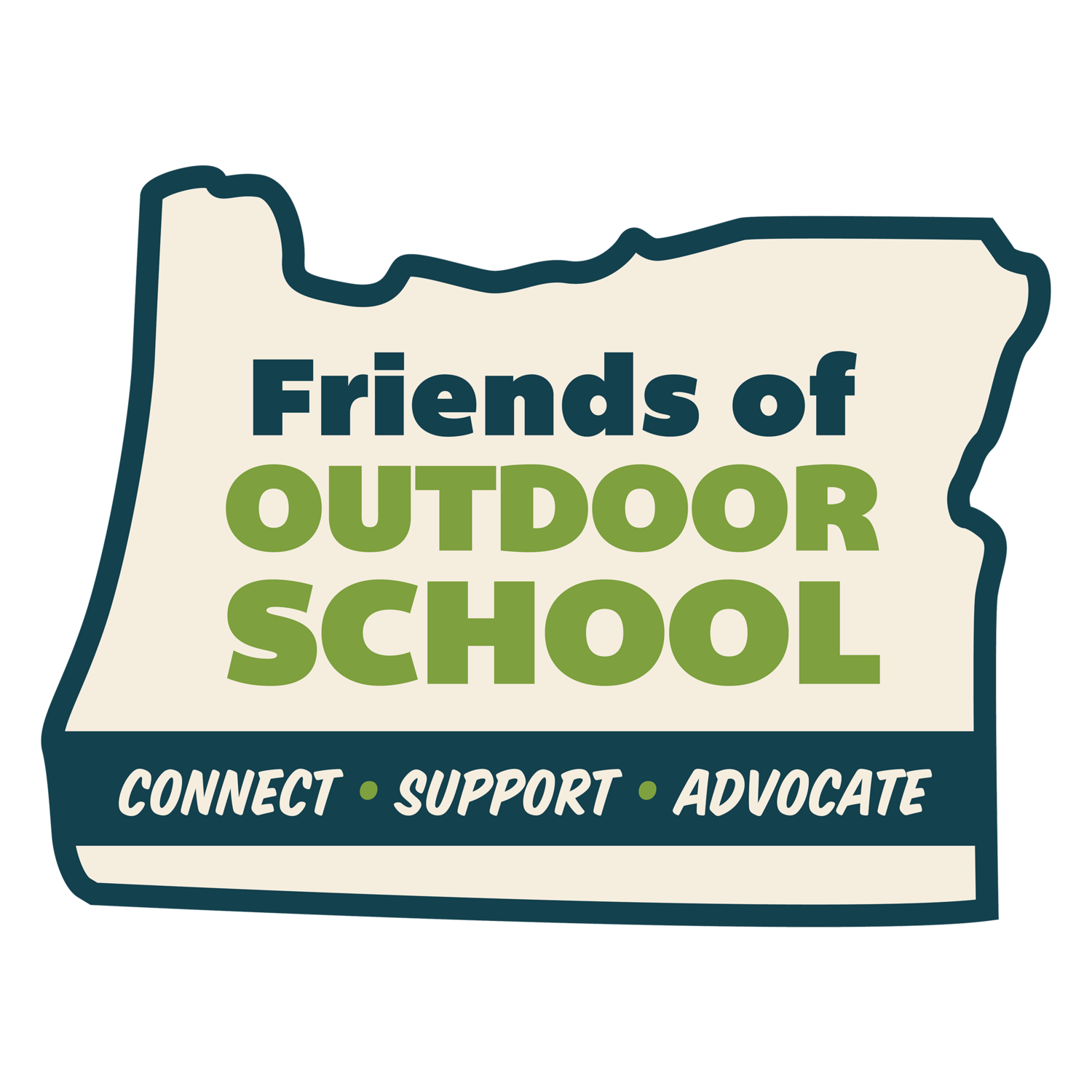Statewide Outdoor School Program
Oregon’s Outdoor School Law
On November 8, 2016, Oregon voters overwhelmingly approved Ballot Measure 99, authorizing 4% of state lottery funds to provide all Oregon fifth- or sixth-grade students access to a week of Outdoor School. Measure 99 provided the funding for the Outdoor School law, which was passed by the Oregon Legislature in 2015.
Every Oregon student in fifth OR sixth grade, including home schooled and charter school students, will have the opportunity to attend a weeklong Outdoor School program, or an equivalent outdoor education experience that reflects local community needs, provided their school district or education service district (ESD) applies to receive funding for an eligible Outdoor School program.
This is a voluntary program; all school districts and education service districts (ESDs) will have the opportunity to access the funds, but are not required to participate. Oregon State University Extension Service is the funding administrator, and is overseeing the creation of the funding program, managing allocations, and supporting schools in preparing and implementing Outdoor School programs.
OSU Extension Service Outdoor School Annual & Biennial Reports
Oregon State University Extension Service Outdoor School prepares comprehensive regular reports on Outdoor School in Oregon. The reports include attendance data, outcomes information, and budget/finance information.
Outdoor School Student Outcomes Reports
Outdoor School for All! Student Outcomes in Oregon is an ongoing evaluation project of outdoor schools throughout Oregon. The intent of this project is to build understanding and knowledge about the outcomes of outdoor school programming and support program improvement. This evaluation supports many aspects of outdoor school which occur across Oregon. These include:
Providing and developing inclusive and equitable programming
Authentic and reciprocal community engagement
Meeting legislative requirements
Providing professional development and learning informed by evaluation
Strengthening and diversifying the outdoor school workforce
